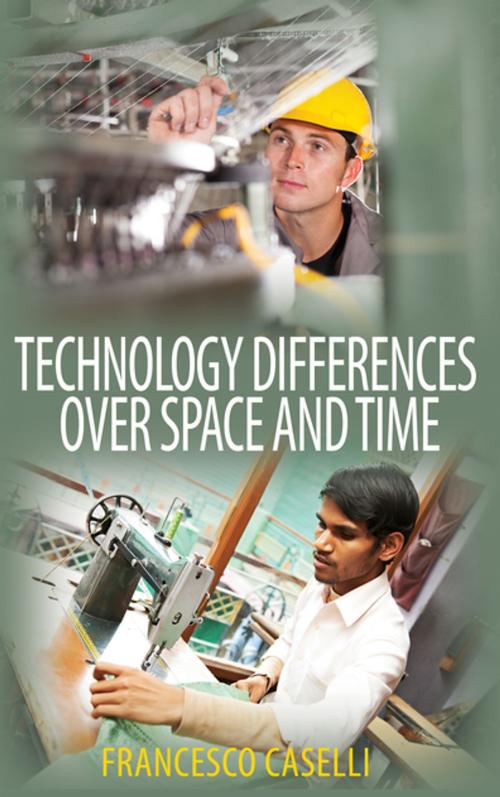Technology Differences over Space and Time
Business & Finance, Career Planning & Job Hunting, Labor, Industries & Professions, Industries| Author: | Francesco Caselli | ISBN: | 9781400883608 |
| Publisher: | Princeton University Press | Publication: | November 22, 2016 |
| Imprint: | Princeton University Press | Language: | English |
| Author: | Francesco Caselli |
| ISBN: | 9781400883608 |
| Publisher: | Princeton University Press |
| Publication: | November 22, 2016 |
| Imprint: | Princeton University Press |
| Language: | English |
Technology Differences over Space and Time looks at how countries use their productive resources—such as workers, skills, equipment and structures, and natural resources. Francesco Caselli develops methods to assess the efficiency with which productive inputs are used, and how these efficiencies vary across countries and over time.
Caselli finds that richer countries use skilled workers relatively more efficiently than unskilled workers, and equipment and structures relatively more efficiently than natural resources. They also are relatively more efficient users of labor than of capital. Technological change tends to make countries particularly efficient at using skills and less efficient at using capital. Technical change also favors experienced workers.
In order to interpret and understand these findings, Caselli presents a theory of technology choice. In this theory, firms pick technologies that make the most efficient use of the most abundant production factors when these factors are good substitutes for the less abundant factors. Firms pick technologies that make the most of less abundant factors when other suitable factors are not available for substitution. For example, rich countries, where skilled workers are abundant, use skilled workers efficiently, as these are good substitutes for unskilled workers. This flexible framework can be applied to other pairs of inputs, over time, and across countries.
Technology Differences over Space and Time has significant implications not only for the theoretical understanding of development and technological innovation, but also for government formulation of industrial policy and multinationals making decisions about what to invest in and where to make those investments.
Technology Differences over Space and Time looks at how countries use their productive resources—such as workers, skills, equipment and structures, and natural resources. Francesco Caselli develops methods to assess the efficiency with which productive inputs are used, and how these efficiencies vary across countries and over time.
Caselli finds that richer countries use skilled workers relatively more efficiently than unskilled workers, and equipment and structures relatively more efficiently than natural resources. They also are relatively more efficient users of labor than of capital. Technological change tends to make countries particularly efficient at using skills and less efficient at using capital. Technical change also favors experienced workers.
In order to interpret and understand these findings, Caselli presents a theory of technology choice. In this theory, firms pick technologies that make the most efficient use of the most abundant production factors when these factors are good substitutes for the less abundant factors. Firms pick technologies that make the most of less abundant factors when other suitable factors are not available for substitution. For example, rich countries, where skilled workers are abundant, use skilled workers efficiently, as these are good substitutes for unskilled workers. This flexible framework can be applied to other pairs of inputs, over time, and across countries.
Technology Differences over Space and Time has significant implications not only for the theoretical understanding of development and technological innovation, but also for government formulation of industrial policy and multinationals making decisions about what to invest in and where to make those investments.















